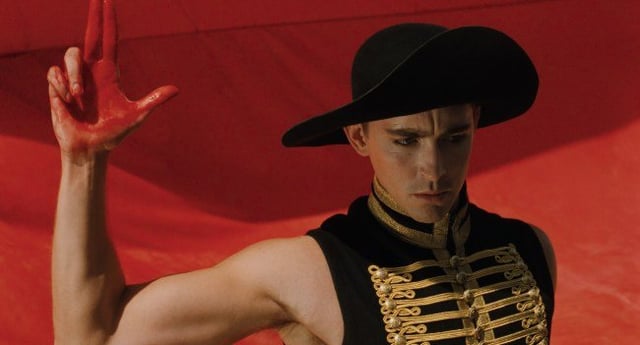A decade ago, Christopher Nolan unleashed Interstellar upon the world, and for many of us, it felt like a cosmic joke played by the universe. You remember 2014, right? It was the year of viral Oscar selfies and water-bucket challenges—how could you forget? As the credits rolled on that sprawling space opera, I left the theater feeling like I’d just been lectured at an astrophysics convention, cold and bemused, wondering if Nolan had finally lost his cosmic marbles.
Let’s rewind to that initial screening. You sit down, heart racing, expecting a mind-bending thrill ride. Instead, you get nearly three hours of stunning IMAX visuals juxtaposed with a storyline that prompts more head-scratching than star-gazing. Sure, the visuals were undeniably breathtaking, but the emotional gravitas? A heavy weight on your chest, suffocating and tedious. It felt like Nolan had cranked up the sentimentality dial so high that it nearly flew off the meter.
Fast forward ten years, and here we are, celebrating the film’s anniversary. Critics now swoon over Interstellar‘s emotional depth and ambition, while I sit here thinking, “Really? This is what we’re lauding?” The irony is that it took me a decade to realize the film’s genius—and perhaps that’s a reflection of my own evolving taste, or maybe just a testament to how relentless nostalgia can be.
Nolan, with his fondness for convoluted timelines and intricate plots, has always been a polarizing figure. Some hail him as a modern-day Hitchcock, while others see him as the guy who overcooked the plot in the cinematic oven. Interstellar had its fair share of detractors. Back then, I wondered if his fondness for existential ponderings was merely a façade for narrative indecision, but maybe I was just too busy rolling my eyes at Cooper’s (Matthew McConaughey) emotional monologues about love transcending time and space.
Yet, here’s the kicker: viewing it today, perhaps I’ve matured—like fine wine, or maybe just aged cheese. The themes of sacrifice, the inkling of human connection, and the sheer audacity of its premise hit differently now. I mean, who doesn’t appreciate a bit of intergalactic parental angst when you’re grappling with your own existential dread? The film’s narrative scope now feels more like an ambitious masterpiece rather than a pretentious space opera with a penchant for melodrama.
In retrospect, Interstellar might just be Nolan’s best work. It’s a masterpiece that asks big questions about humanity and love, the kind of questions that make our ailing planet seem even more fragile. Still, it’s hard to forget that initial cold reception. It’s like finding out your favorite childhood toy was actually a knock-off—disappointing but strangely endearing in hindsight.
As we raise a glass to this film’s 10th anniversary, remember: sometimes it takes a decade to appreciate the subtle nuances hidden in the folds of space-time. So let’s give credit where it’s due. Perhaps it’s not just the movie that’s changed; maybe it’s us, too.
As we celebrate a decade of ‘Interstellar’, one can’t help but wonder: does the emotional gravity of Nolan’s space odyssey still resonate, or has it merely become a relic of its own ambition, lost in the black hole of cinematic nostalgia? Join the debate and share your thoughts below, and for a deeper dive into the cosmos of cinema, explore more Movie News stories.
image source




